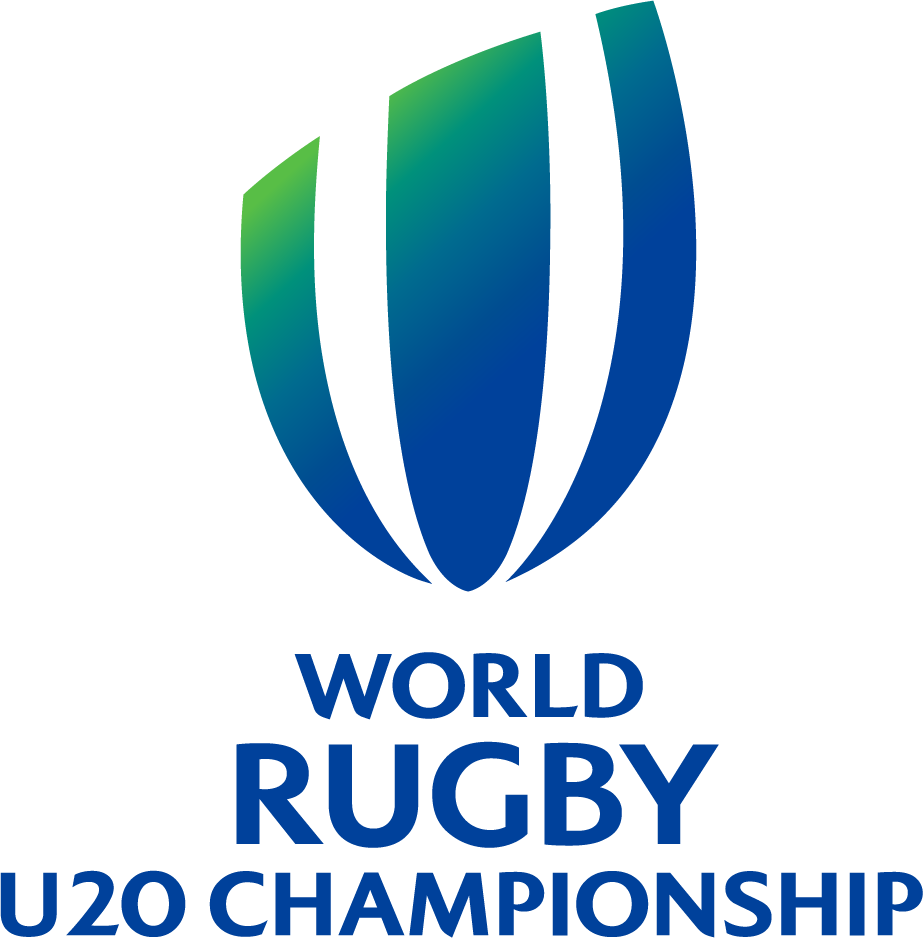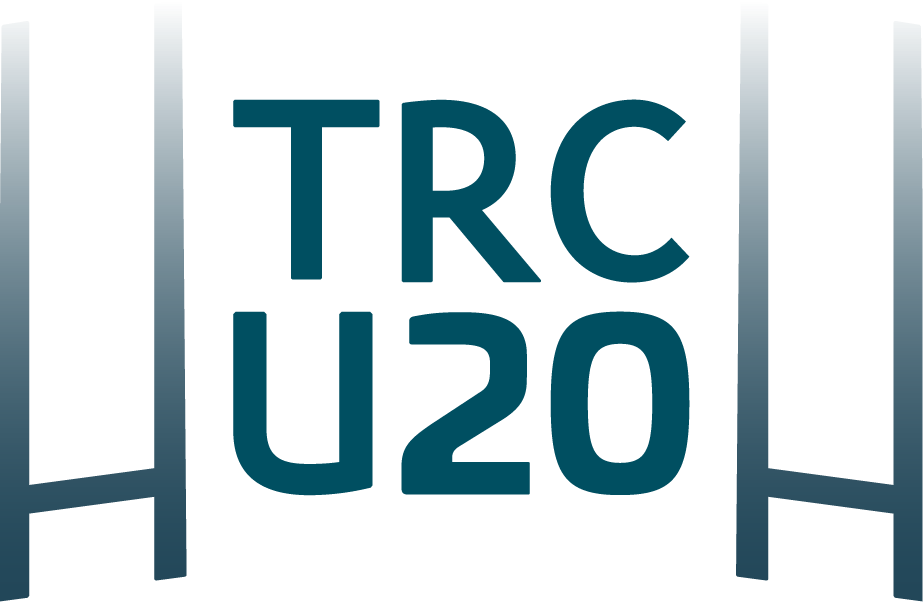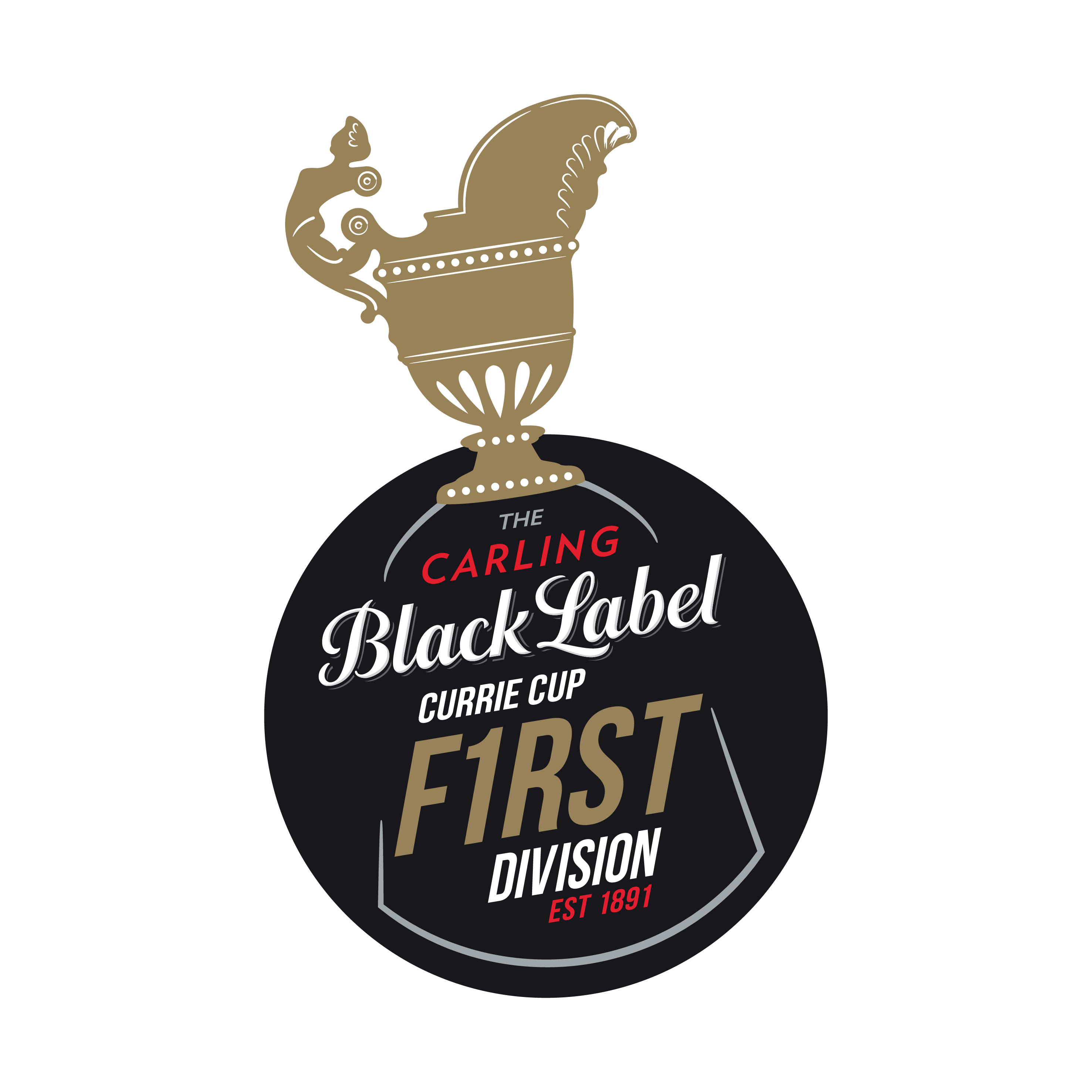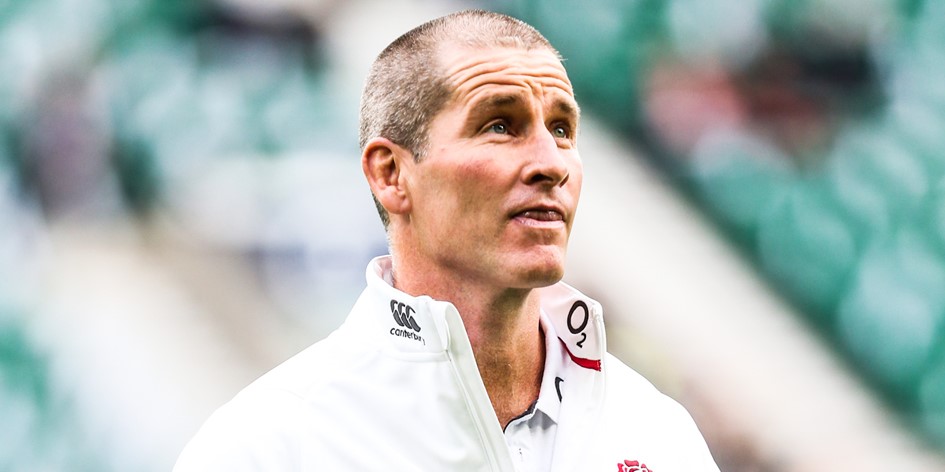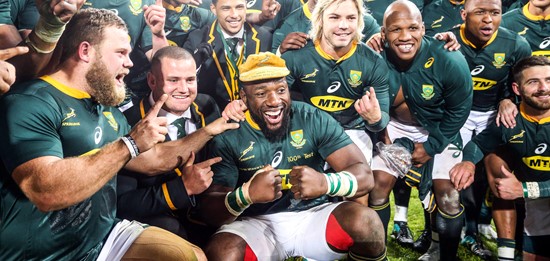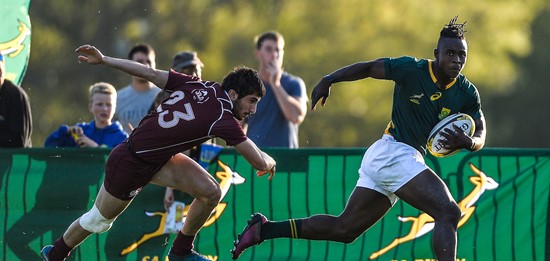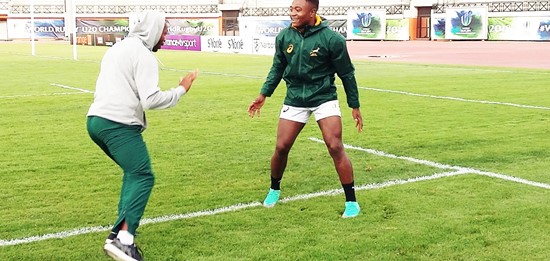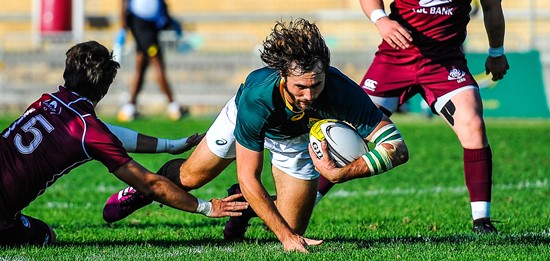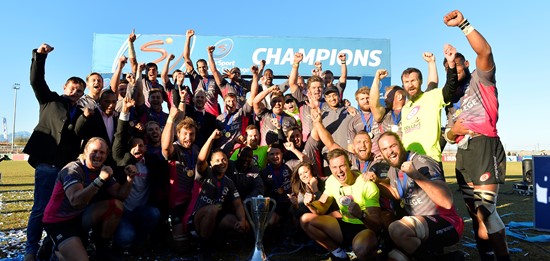Our tour to South Africa in 2012 was my first as England Head Coach, but also my first visit to the country. It was a massive privilege and we really enjoyed experiencing the wonderful diversity of the country, the different cultures and environments.
Apart from the Tests in Durban, Johannesburg and Port Elizabeth, we also had two midweek games against the Southern Barbarians in Kimberley and the Northern Barbarians in Potchefstroom, which meant we really had an opportunity to see parts of South Africa.
Touring teams always have down time at some stage and in South Africa there are some great things to experience, whether it is going on safari, visiting a township or just enjoying the wonderful hospitality.
I have always found touring teams really make the effort to experience their destinations, anywhere in the world, and I’m sure the England team this year will make the most of visiting South Africa. We certainly had a wonderful time there in 2012, touring with a young team in what was the first year the World Rugby schedule made a return to more traditional three-Test tours.
The big advantage coming from England is that you stay in basically the same time zone, the flights are straight-forward between Heathrow and Johannesburg – unlike for instance touring New Zealand or Australia – and I’m expecting the English team to get up to speed straight away, although their top players will be coming off the Premiership Final. So they will put a lot of emphasis on getting ready for the first Test at Emirates Airline Park.
We also played in Johannesburg – the second Test – and Emirates Airline Park really is an intimidating venue. It’s a fantastic arena and apart from the sheer scale of the stadium, the Springboks always seem to raise their performance when playing there.
We lost narrowly in the first Test in Durban, but we were blown away in the first half in Johannesburg and although we came back strongly and managed to hang in there, the Boks were just too good in the opening 20 minutes of the match.
Altitude can be a factor there, but the same applies for the South Africans as some of their players are based on the coast. So the challenge is simply to ensure the altitude factor doesn’t play on the players’ minds and that they are in great physical shape.
I was really proud of the way in which the players fought back in the second half and we then drew the third Test in Port Elizabeth.
To me England’s biggest challenge in June will be the desire for the Boks to impress Rassie Erasmus as new coach and to start a new era on a high. I coached against Rassie and Jacques Nienaber when they were with Munster and I know how good they are. The South African players will be motivated to impress in June.
I’m expecting a significant improvement under Rassie, no doubt. Teams looking to improve will always sort out their foundation first – the set piece and defence – and Rassie’s teams are always very good in that regard, and Jacques is a very good defence coach. They will bring to the table a lot of what they’ve learnt in the Northern Hemisphere.
South Africa has always had amazing talent, whether the players are based at home or aboard, and I’m certain Rassie will be able to get the best from them.
Lancaster first joined the coaching ranks at England’s Rugby Football Union as Elite Rugby Director in 2008 and was Head Coach of England from 2012 until 2015. Now involved with Irish province Leinster, who made it to the final of the European Champions Cup, we are very grateful that Stuart took time off his busy schedule to exclusively share his thoughts on touring South Africa with readers of Springbok Magazine.
Note: This column first appeared in Springbok Magazine.
